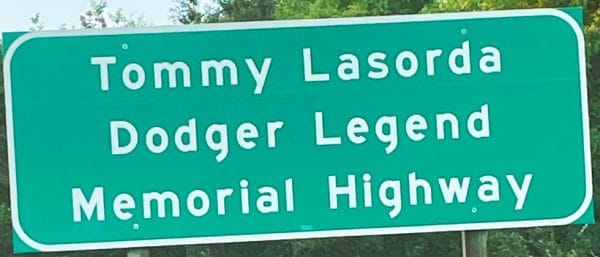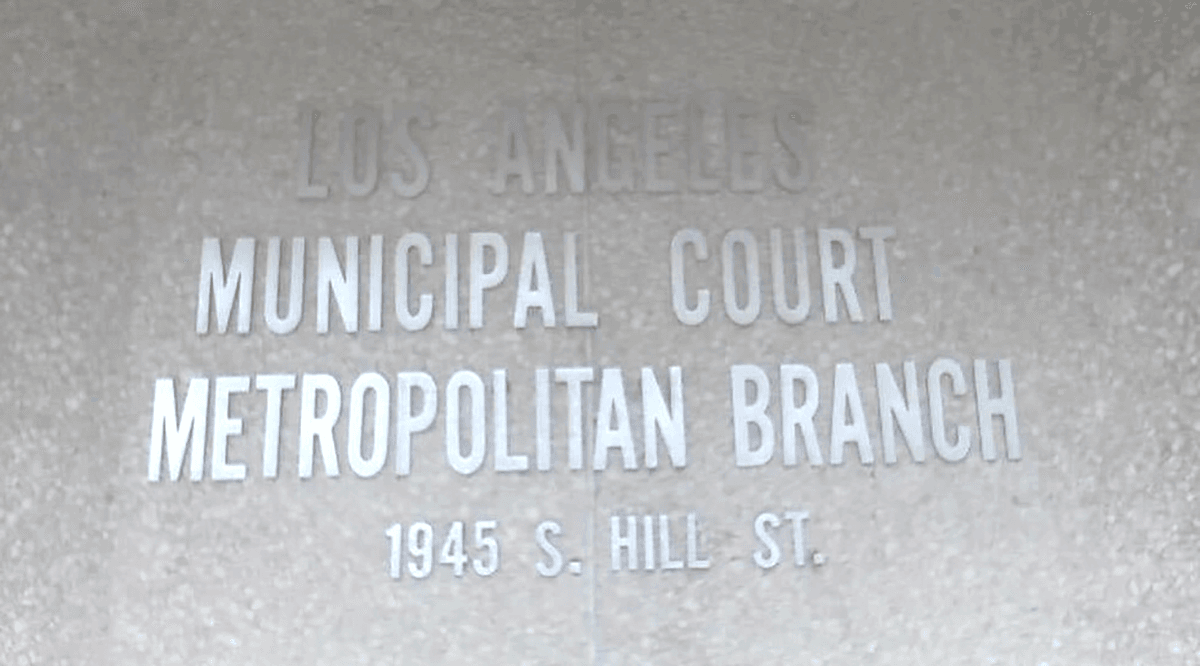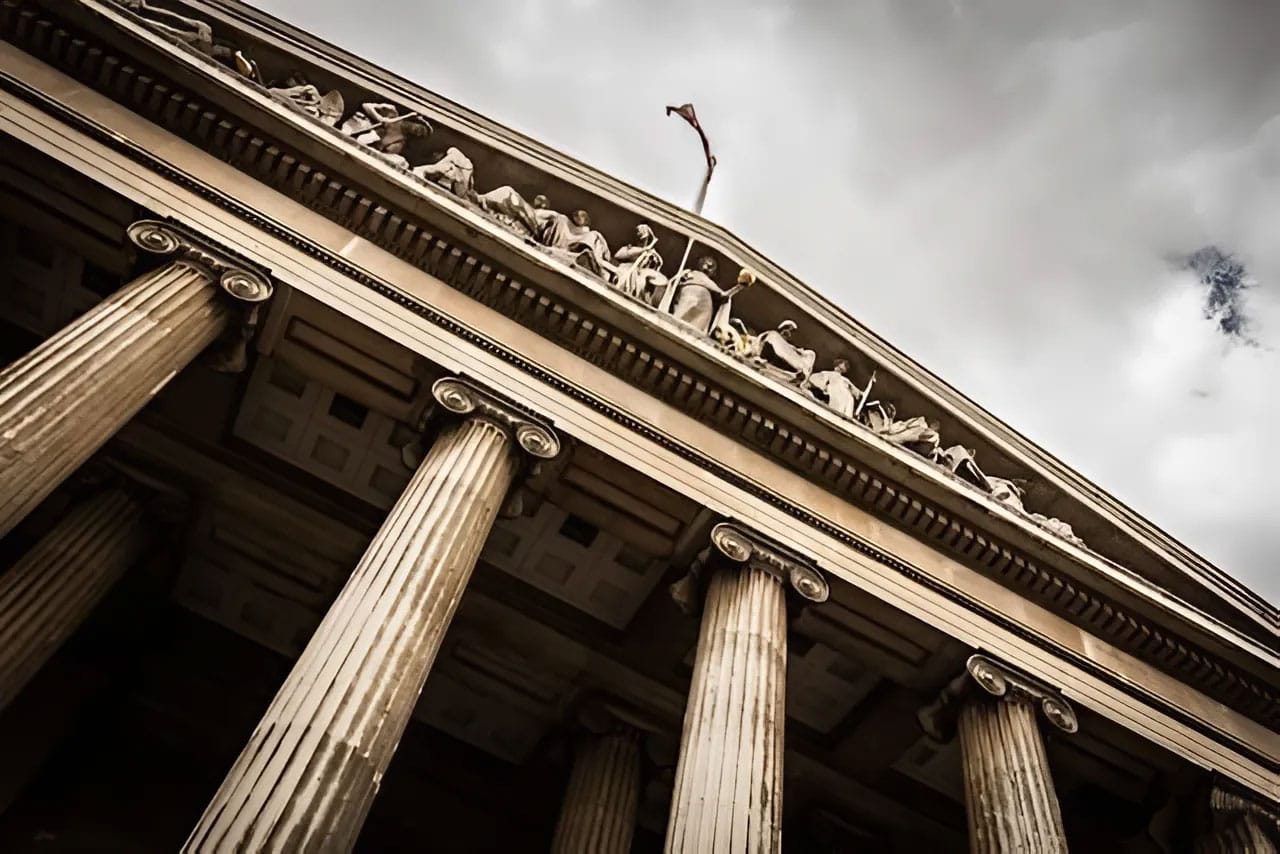First of all, this is in no way an attempt to outdo on Dr. Caleb Mason’s treatment in Jay-Z’s “99 Problems,” Verse 2: A Close Reading With Fourth Amendment Guidance for Cops and Perps, 56 St. Louis U. L.J. (2012).
In fact, there is nothing I could attempt that could come close to the intellect of someone with the ability to employ phrases like “criminal procedure pedagogy” and “pedagogical heuristic.”

The point of this post is that I immediately thought of Dr. Mason’s masterpiece once the latest case from the California Court of Appeal of California, People v. Leal, (2023) 93 Cal.App.5th hit my inbox, thanks to Al Menaster.
Below is how Dr. Mason lays out the second verse of 99 Problems.
In Footnote 7, Dr. Mason explains, “I’ve taken the transcription provided by Jay-Z himself. JAY-Z, supra note 3, at 60.”
Footnote 3 says, “JAY-Z, DECODED 60–61 (2010).”
Dr. Mason then analyzes each line from a Fourth Amendment perspective. Professor Mason clarifies on page 568, “It turns out that, while some other law professors have noticed 99 Problems, no one has yet provided a detailed, accurate analysis of the Fourth Amendment issues Verse 2 raises.”
LYRICS, VERSE 2
- The year is ‘94 and in my trunk is raw
- In my rearview mirror is the motherfucking law
- I got two choices y’all, pull over the car or
- Bounce on the double put the pedal to the floor
- Now I ain’t trying to see no highway chase with jake
- Plus I got a few dollars I can fight the case
- So I . . . pull over to the side of the road
- And I Heard “Son do you know what I’m stopping you for?”
- “Cause I’m young and I’m black and my hat’s real low?
- Do I look like a mind reader sir, I don’t know
- Am I under arrest or should I guess some mo?”
- “Well you was doing fifty-five in a fifty-four
- License and registration and step out of the car
- Are you carrying a weapon on you, I know a lot of you are”
- “I ain’t stepping out of shit all my papers legit”
- “Do you mind if I look around the car a little bit?”
- “Well, my glove compartment is locked, so is the trunk and the back,
- And I know my rights so you go’n need a warrant for that”
- “Aren’t you sharp as a tack, some type of lawyer or something
- Or somebody important or something?”
- “Nah I ain’t pass the bar but I know a little bit
- Enough that you won’t illegally search my shit”
______________________________________________________________________
The Leal Court Reminds Us of the Rules
“The Fourth Amendment‘s guarantee of the right to be free from unreasonable searches and seizures is fundamental to our sense of liberty and justice. (U.S. Const., 4th Amend.)
The general rule is that warrantless searches are unreasonable.” (Katz v. United States (1967) 389 U.S. 347, 357 [19 L. Ed. 2d 576, 88 S. Ct. 507].)
An Exception to Every Rule
“Certain circumstances, however, create exceptions to the general ban on warrantless searches. (Ibid.) One such exception – the automobile exception…”
What is the Automobile Exception?
“The automobile exception provides ‘police who have probable cause to believe a lawfully stopped vehicle contains evidence of criminal activity or contraband may conduct a warrantless search of any area of the vehicle in which the evidence might be found.’”
The Leal Court further explained that, “The scope of a warrantless search is “defined by the object of the search and the places in which there is probable cause to believe that it may be found.””
“That is because probable cause exists “where the known facts and circumstances are sufficient to warrant a man of reasonable prudence in the belief that contraband or evidence of a crime will be found.”’
The Facts of the Leal Case
Sitting in an unmarked car in plain clothes, Detective Guillen was watching a funeral. He and other police officers expected a criminal street gang connected to prior shootings to be in attendance.
His job was to tell the other officers if he saw “disturbances, altercations, violence, or armed individuals via radio broadcast.”
Detective Guillen said he recognized a minor based on photographs and prior discussions he had had with fellow detectives. He knew the kid was on probation with a firearm restriction.
Detective Guillen testified that he believed the young man was carrying a firearm because he was holding his waistband as he was walking.
Detective Guillen also claimed he saw an “unidentifiable object protruding from the minor’s right front waistband” and, based on his training and experience, knew people generally conceal firearms in that area.
The Detective also told the court that he saw “the juvenile approach a woman and point toward the object with his head.”
Also, the Detective claimed, “the juvenile was also walking as if he were trying to prevent the object in his waistband from causing his pants to fall.”
Detective Guillen conveyed all these observations to the surveillance team over the radio. Another officer confirmed that he was able to “clearly see a black handgun in the juvenile’s waistband.”
“The juvenile then approached defendant’s parked car for a second time. Detective Guillen believed the juvenile still had the firearm at that point based on the way he was holding his waistband.”
“Detective Guillen then saw the juvenile walk away from the trunk with his hand on his waistband. He opened the rear driver’s side door and sat down, appearing stiff in the waistband area unlike how “a normal person would sit down” and bend at the waist. The juvenile laid down in the car, reached toward his waistband, and turned toward the front seats — away from Detective Guillen — while moving his hand up toward his chest. Detective Guillen could not see what the juvenile had in his hand, but when the juvenile got out of the car, he no longer looked stiff. These observations, in conjunction with the fact that the juvenile adjusted his pants and walked away from defendant’s car without holding his waistband, led Detective Guillen to believe the juvenile had placed the firearm underneath the front passenger seat in defendant’s car.”
Detective Guillen never saw the defendant’s trunk open.
After receiving the information from Detective Guillen, surveillance units followed the defendant and saw him park his car.
“The year is [‘21] and my trunk is raw
In my rearview mirror is the motherfucking law
I got two choices y’all, pull over the car or
Bounce on the double put the pedal to the floor
Now I ain’t trying to see no highway chase with jake
Plus I got a few dollars I can fight the case
So I . . . pull over to the side of the road”
Officer Velarde detained the defendant and said he would be searching his car.
“And I Heard “Son do you know what I’m stopping you for?”
“Cause I’m young and I’m black and my hat’s real low?
“Do I look like a mind reader sir, I don’t know”
Am I under arrest or should I guess some mo?”
“Well you was doing fifty-five in a fifty-four”“Are you carrying a weapon on you, I know a lot of you are”
“Do you mind if I look around the car a little bit?”
Defendant “became nervous and said that he didn’t want the police to search his car.”
“Well, my glove compartment is locked, so is the trunk and the back,
And I know my rights so you go’n need a warrant for that”
Officer Velarde searched the passenger compartment and “found a liquor bottle under the passenger seat.” After coming up empty for a gun, he “recall[ed] the surveillance units advising … about the trunk area” and searched the trunk.
Officer Velarde testified that “surveillance units advised [him] that the males [who] were seen armed with the handgun were around the vehicle, including the trunk of the vehicle.”
Officer Velarde found “a loaded Glock handgun” in the trunk.
The prosecution charged Mr. Leal with several crimes.
Mr. Leal filed a motion to suppress the firearm. Read More About Illegal Searches
The grounds for the motion were that the search of his trunk violated his Fourth Amendment rights because there was no probable cause to believe a firearm would be found in the trunk.
The trial court denied the motion. Mr. Leal entered a no contest plea to the crime of felon in possession of a firearm.
Mr. Leal then appealed the trial court’s denial of this motion to suppress.
Q: Were the police justified in searching Mr. Leal’s trunk under the automobile exception?
A: No, said the Court of Appeal.
Court of Appeal Ruling
In reversing San Joaquin County Superior Court Judge Lance G. Jacot, the Third District, Court of Appeal, said,
“The record clearly establishes Detective Guillen never saw defendant’s trunk open, nor did he see anyone access the trunk in any manner.”
“We hold that when an officer has probable cause to believe contraband or evidence of a crime will be found specifically in the passenger compartment of a vehicle (as compared to having probable cause to believe it will be found somewhere in the vehicle), and no other subsequent discovery or information provides further probable cause to believe the evidence will be found in the trunk, an officer’s search of the trunk exceeds the permissible scope of a warrantless search under the automobile exception.”
The Court further noted that the “facts here also do not fall within the … category of cases in which probable cause to search a trunk exists based on contraband or evidence of a crime found during a search of the passenger compartment. …
“In fact, the opposite is true in this case. Neither Officer Ochoa nor Officer Velarde found any contraband or evidence of a crime in the passenger compartment. Officer Velarde found only a bottle of liquor underneath the passenger seat. The record does not indicate whether the bottle was open, nor does it indicate that Officer Velarde attached any significance to the bottle as he did not, during his testimony, recall finding the bottle in the passenger compartment. There are also no facts indicating Officer Velarde suspected defendant was intoxicated or driving under the influence…”
Finally, the Court explained,
“To allow police officers to search outside the scope of the particular location or compartment within which there is probable cause to believe contraband or evidence of a crime will be located would permit the very exploratory searches the framers intended to prevent when they enacted the Fourth Amendment. When officers have probable cause to search a particular compartment of a vehicle for evidence of a crime, and no such evidence is found, the search must stop absent facts generating probable cause to search another compartment of the vehicle.”
The Court of Appeal directed the trial court to set aside the order denying Mr. Leal’s motion to suppress, enter an order granting the motion, and allow Mr. Leal to withdraw his no contest plea.


